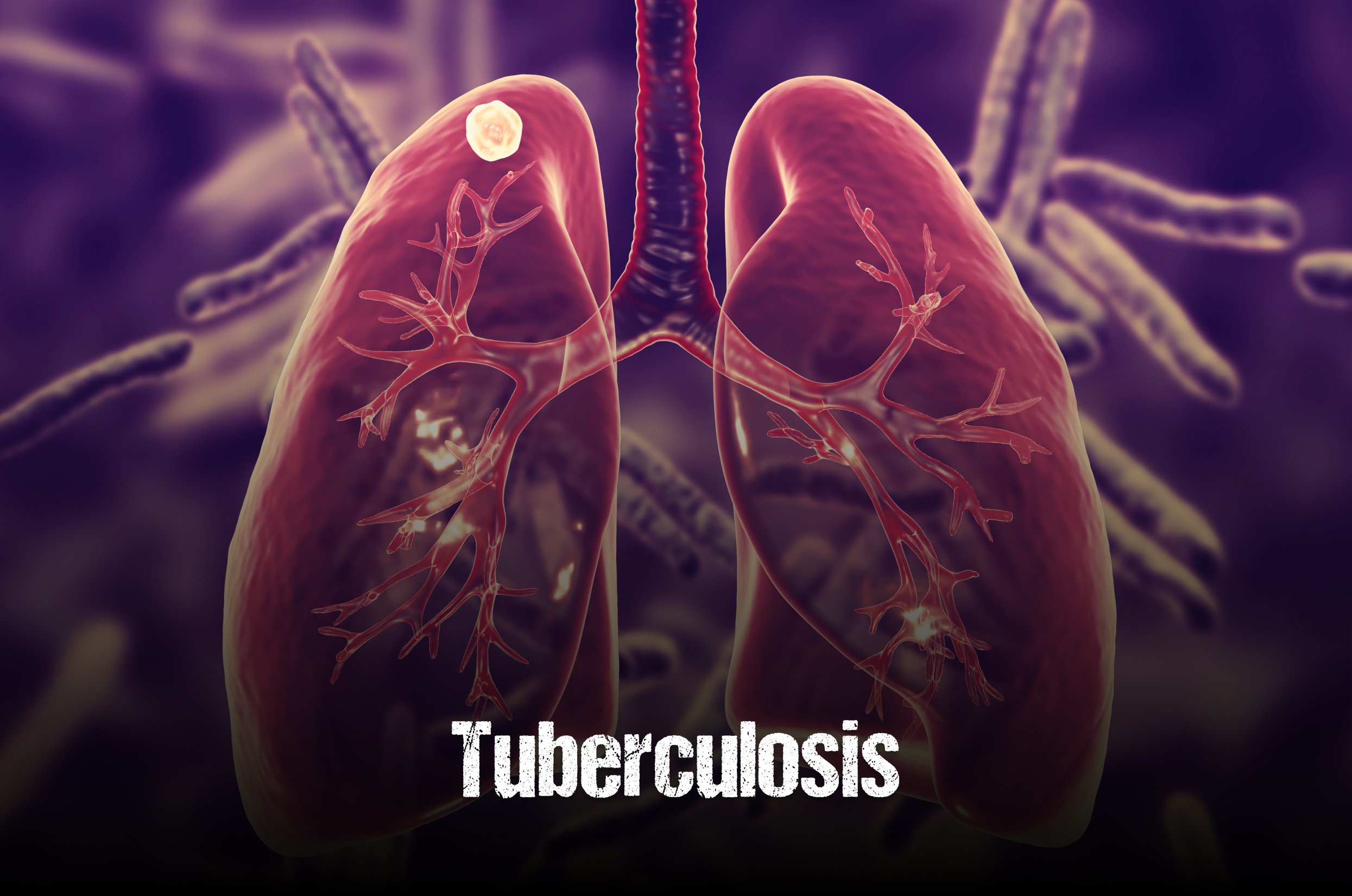Tuberculosis (TB) - what you need to know
Symptoms, Causes, Diagnosis, Treatment and Prevention
TB is a treatable and curable disease. TB testing and treatment is FREE in all public health facilities in Kenya. Get tested today in the nearest health facility.
Information provided by Dr. Lorraine Mugambi-Nyaboga, Centre for Health Solutions - Kenya (CHS)

What is TB?
Tuberculosis (TB) is an infectious disease that most often affects the lungs but can also affect other parts of the body apart from the hair, nails and teeth.
What are the symptoms of TB?
You are likely suffering from TB if you are experiencing;
- A cough of any duration
- Chest pain
- Fever
- Chills
- Night sweats
- Fatigue
- Unintended weight loss
- A blood stained sputum
How is TB spread?
TB is an infectious disease that is spread from an infected person to an uninfected person through the air when the person coughs, sneezes, talks, sings or laughs.
What are some of the TB myths?
TB can be transmitted through sharing cutlery - TB is spread through the air when a person with active TB coughs, sneezes, talks, sings or laughs.
TB is a disease of the poor - Everyone is at risk of getting TB irrespective of socio-economic class.
Everyone with TB is HIV positive - Majority of TB patients are HIV negative. However, persons with HIV have a weak immune system thus at a higher risk of getting TB.
TB is caused by witchcraft - TB is an infectious disease that is caused by a bacteria (Mycobacterium Tuberculosis)
TB is hereditary - TB is not genetic. The reason why people in the same household get the disease is because of their close proximity to each other hence the spread of the bacteria from person to person.
What is the burden of TB in Kenya?
TB is among the top leading causes of death in Kenya.
Kenya has an estimated 140,000 new TB infections annually however, 40% of these cases are not identified and treated (National TB Prevalence Survey, 2016).
We all have a role to play in changing this narrative by getting screened for TB, tested for TB, treated for TB, completing TB treatment, and supporting those battling the disease.
Why is it important to complete TB treatment?
It is very important to finish, and take TB drugs exactly as prescribed by a health worker. Failure to this, you are likely to develop drug resistant TB which is harder and more expensive to treat.
Non adherence to treatment also increases your risk of transmitting the disease to others.
If not treated, TB kills.
What measures has the National TB Program in collaboration with partners like USAID TB ARC II put in place to ensure continuity of TB services amid COVID?
The National TB Program in collaboration with its partners among them USAID TB ARC II has strengthened the fight against TB amid COVID-19 by;
Ensuring there is no disruption of services.
Capacity building of health workers to actively screen for TB.
Conducting targeted community outreach screening in hotspots areas.
Accelerating TB awareness, demand creation for TB services and treatment completion among others.
Why do we commemorate World TB Day?
World Tuberculosis Day is commemorated every 24th of March in remembrance of Dr. Robert Koch who in 1884 discovered the bacteria causing Tuberculosis.
It is also a day to raise TB awareness, demand creation for TB services, and treatment completion
Help stop the spread of Tuberculosis (TB).
- Cover your mouth with a clean handkerchief or tissue when you cough or sneeze.
- Carefully dispose tissues in a sealed bag.
- Leave windows open whenever possible.
- Complete your entire course of TB treatment
TB is a treatable and curable disease. TB testing and treatment is FREE in all public health facilities in Kenya. Get tested today in the nearest health facility

